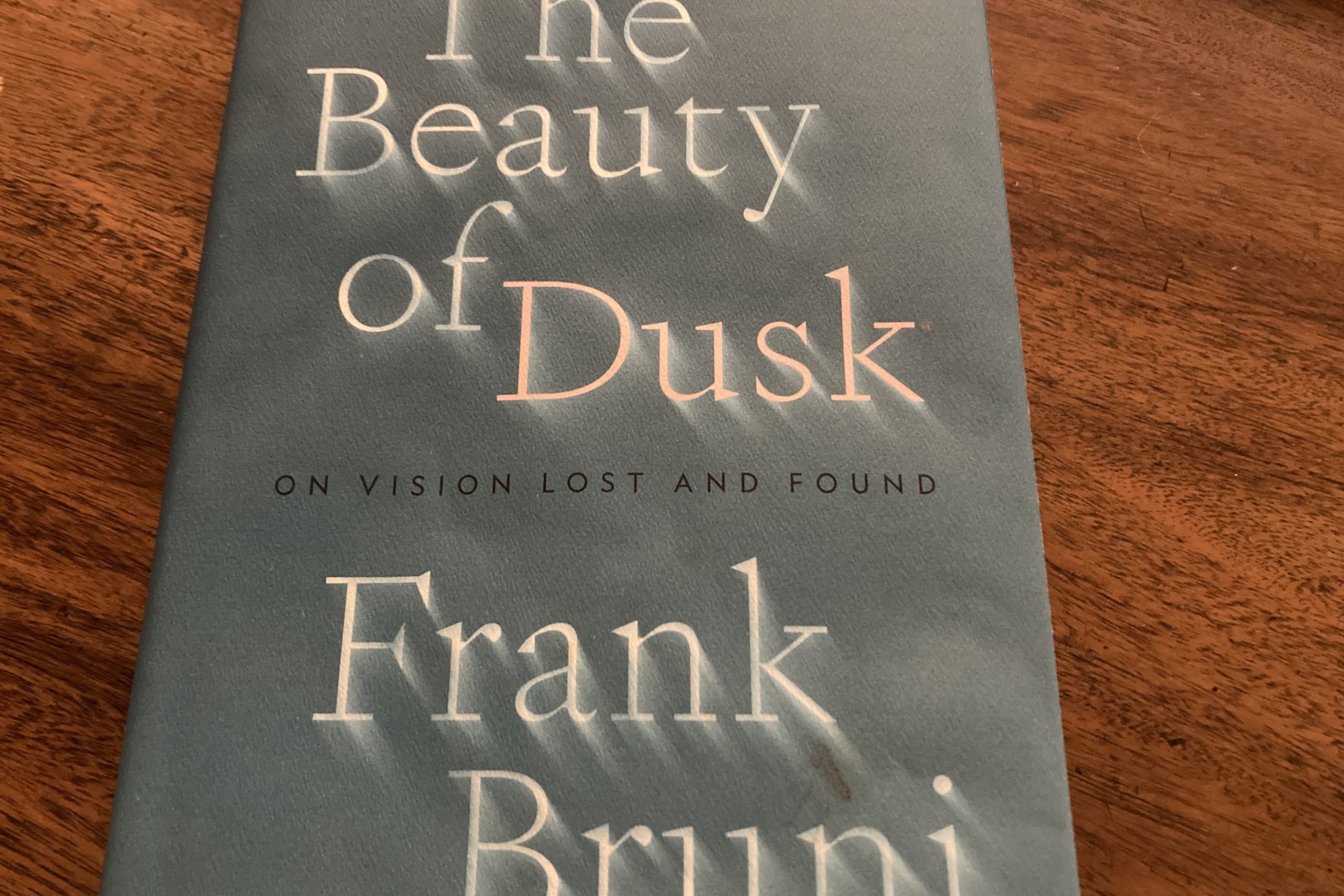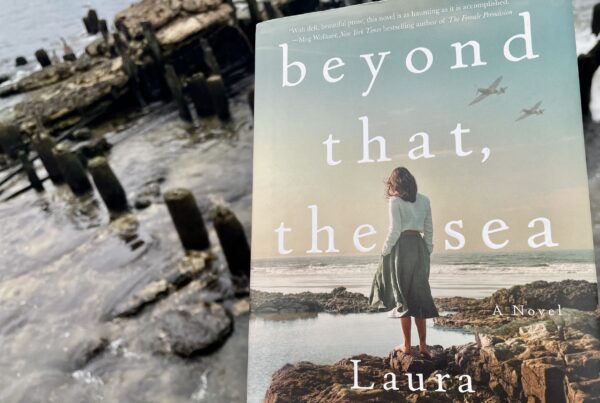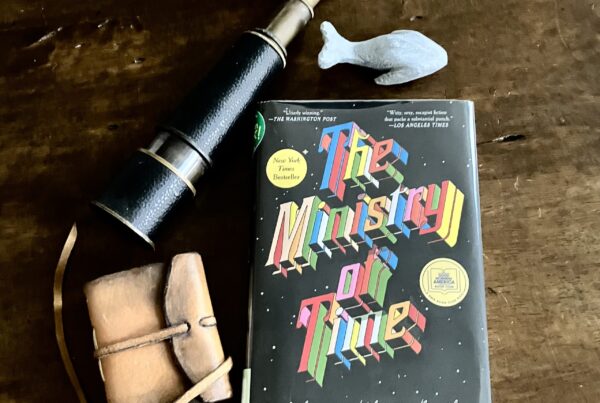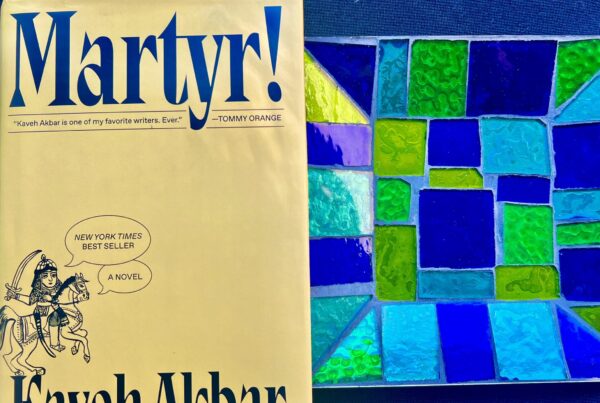At 52, writer Frank Bruni had a stroke and lost vision in his right eye through damage to his optic nerve. The left eye had a not-insignificant chance of being struck similarly. In The Beauty of Dusk, Bruni tells how this loss of sight connected him to beauty he had, ironically, not seen before.
Side-by-side with Bruni’s narrative, we hear about many others who prevailed through blindness: an architect who listened to the sounds of movement through a structure to imagine its shape, a diplomat who attributes much of his problem-solving ability and patience to his disability.
I wanted to read this book not only because Bruni has been one of the most versatile writers in the New York Times over the years (restaurant critic and Rome bureau chief, to name a couple), and not only because I read his book about college, Where You Go Is Not Who You’ll Be, twice before my older son applied, but also because I had my own brush with vision loss.
Although I didn’t experience what Bruni did, in my mid-20s I had unexplained bleeding close to my left retina (neochoroidal vascularization) that required emergency cauterization with a laser. Ever since then, I’ve had a blind spot in my left eye. My right eye makes up for it, and so my overall vision is close to 20/20 with contacts. However, my left eye can only sometimes see the details of the big letters at the top of the eye chart, and then often only if I squint around.
My eyes have been stable since, and technology has improved over the past two decades, but I remember worrying then that I would lose my ability to read. As a teacher and a writer, where did that leave me?
Bruni spends the book answering this question, leaving zero room for pity and massive space for delight. As he observes toward the end, “People who flourish make a decision to flourish. They point themselves toward joy.”
He also advocates learning as much as you can about what is happening to your body, even as he lauds the work of excellent doctors: “For as long as your mind remains intact and your energy endures, you are your own best case manager….You alone have no priority more urgent. You alone live fully with the consequences.”
And, in what I thought was the best part of a beautiful book, he presents “the sandwich-board theory of life” in chapter six. He asks us to “imagine that our hardships, our hurdles, our demons, our pain were spelled out for everyone around us to see. Imagine that each of us donned a sandwich board that itemized them.” Ultimately, of course, everyone has their own trials. “We don’t get to choose what we’re given in the way of hardship, and each of us – every last one of us – is given something.”
While reading this book, a song that kept coming to my mind was Sara Bareilles’ “Chasing the Sun.” She urges us to “remember that life is/ not meant to be wasted.” What makes Bruni’s book powerful is that he takes this sentiment, which could fall into cliché, and exhorts us to apply it right now, where we live, no excuses.




